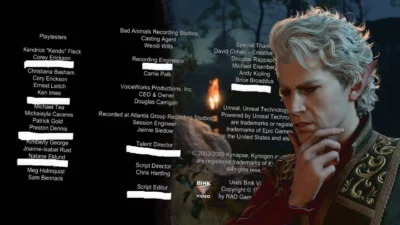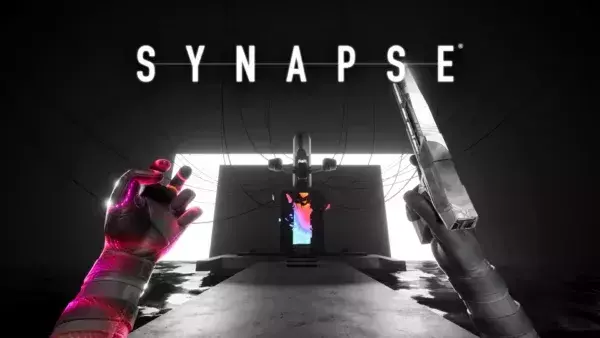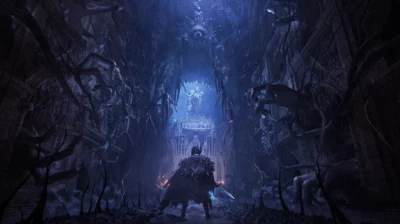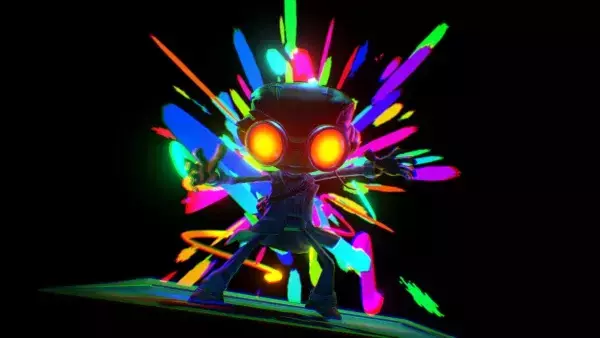
‘You Died’. I’ve seen these two words fade into view more often than I care to admit. My dalliances with Soulsborne games past have ended mere hours into the experience; those words seared into my brain. Lured back again and again for each new entry with the promise of mesmerising locations, interesting mechanics, and fascinating lore, I’ve never been able to get to grips with what the game expects of me. The genre just hasn’t clicked. Until Elden Ring.
FromSoftware’s latest entry into the genre they created, and still rule over, is seen by many as its most accessible to date. The open world of the Lands Between provides a sort of training ground for the more linear ‘legacy’ dungeons to come, giving players a way to explore and grind their stats with little fear of being outmatched from the get-go (unless you catch the attention of the Tree Sentinel, and then you RUN). Two hours in, however, and I was experiencing that white heat once again, my knuckles also turning white as I mustered as much strength as I could to not throw my DualSense across the room.
It was at this point that I found salvation in the form of a good friend who knows these games inside out. He offered to be my teacher, guiding me through the intricacies of combat, pointing me in the direction of things the game never references clearly itself (like your first encounter with Renna the Witch), and helping me to find items and level up to a point that I could become useful in our sessions together. Finally, everything clicked and I was actually enjoying a Soulsborne game, drinking in the epic vistas and speaking to intriguing characters throughout the land. Should I have been playing co-operatively all along?!

Just like every game released by FromSoftware in this newly established genre, Elden Ring has drawn criticism and created arguments about accessibility. There are those who would love to be able to experience the rich worlds on offer, but for whatever reason are unable to get past the difficulty levels involved. Many die-hard fans of these games will utter the words ‘git gud’ to such complaints, citing the fact that Soulsborne games are, by their very nature, hard. Take away the difficulty and you’re stripping the game of its reason for existence, in their eyes.
Like most gaming conversations, however, things aren’t that black and white. We’re seeing this debate about accessibility and inclusivity more and more frequently in video game fandom. There are people who suffer from disabilities which make certain games a challenge to invest in, for example, leaving them by the wayside through no fault of their own. Others struggle to put in the time it takes to master a game’s systems due to their work or home life. Should these people be told to ‘git gud’ or shut up?
Not everyone has their own personal Sherpa through the Lands Between like I have, and although random co-op partners, magic builds, game guides, and YouTube videos can help some people, I do wonder if that is enough to allow a wider section of gamers to feel included in the conversation for experiences such as this. Would an optional reduction in difficulty really be that bad for those who need it, to allow them to play one of the highest rated games of all time? Perhaps instead of yelling ‘git gud’, we should be chanting ‘get involved’?





